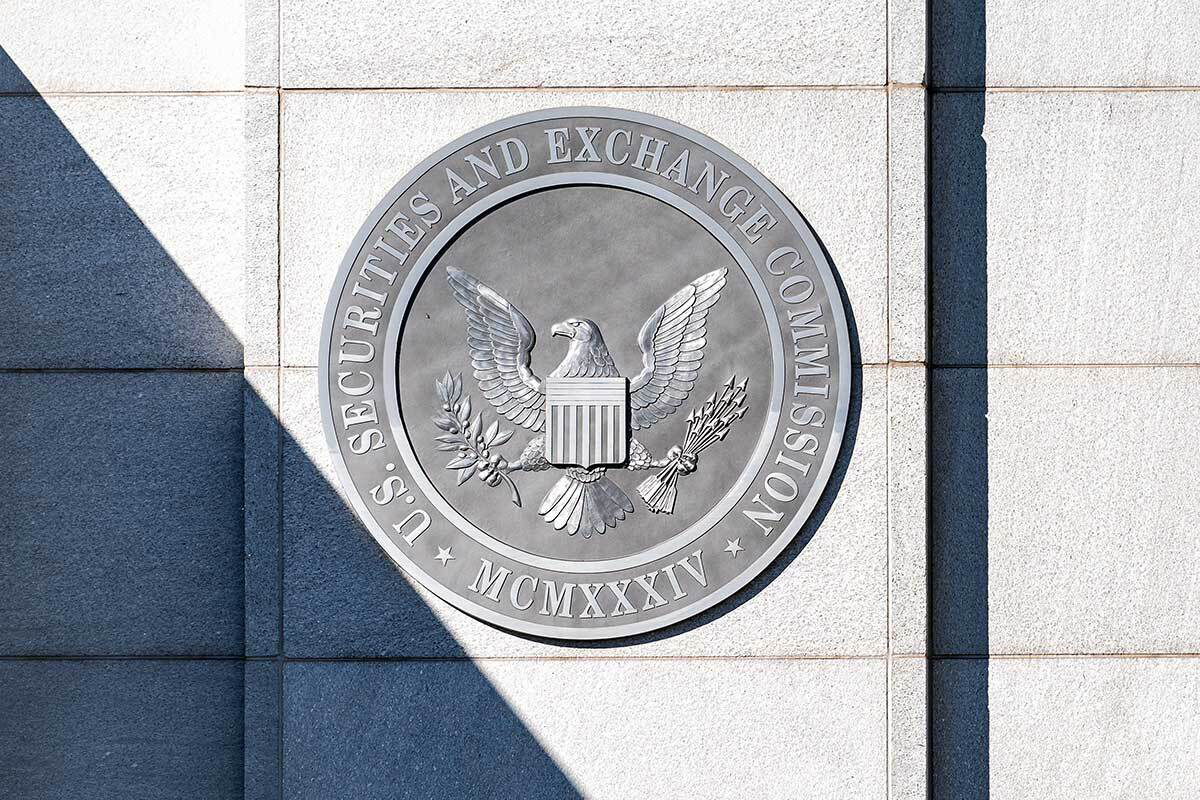
The Nigerian Securities Exchange Commission’s (SEC) crypto licensing requirements will significantly reduce the number of local crypto exchanges, despite the Central Bank of Nigeria (CBN) lifting restrictions on Nigerian banks facilitating cryptocurrency transactions, according to Nigerian crypto analyst Rume Ophi.
In an interview with Cointelegraph, Ophi explained that many local exchanges cannot afford the minimum upfront capital requirement of 500 million naira ($556,620), which he said will result in primarily foreign exchanges being operational in Nigeria instead of having a healthy balance.
In May 2022, the Nigerian SEC published a 54-page document titled “New Rules on Issuance, Offering Platforms and Custody of Digital Assets.”
The document opens doors for cryptocurrency service providers in Nigeria and details guidelines on how the country’s banking and financial institutions can interact with digital assets.
Exchanges must obtain a virtual asset service provider (VASP) license from the SEC by complying with the requirements of application processing, a registration fee and other applicable fees.
A recent survey featuring respondents from 15 countries indicated that Nigeria, Africa’s largest economy, has the world’s most cryptocurrency-aware population. In Chainalysis’ “2023 Cryptocurrency Geography Report,” Nigeria ranked second in crypto adoption among the 154 countries included in the study.
It was expected that the country’s crypto adoption rate would encourage more foreign crypto investment, but the opposite has been the case. Ophi blamed the recently lifted ban on financial institutions from servicing crypto exchanges for the low investment rate.
According to Ophi, the recent ban lift will enable Nigeria’s foreign crypto investment to grow and facilitate the employment of Nigerians in Web3 and the crypto industry.





